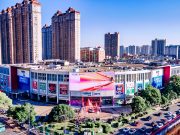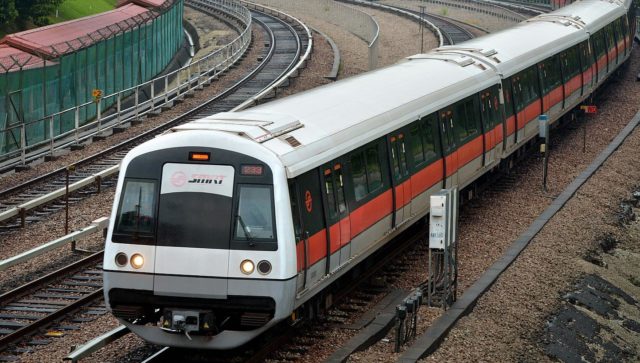Singapore, 26 Feb 2018 – Transport operator SMRT is raising starting salaries, by more than 10 per cent in some cases, and will offer five-year re-employment contracts to attract and retain staff.
The moves, say experts, will help raise reliability and help SMRT retain and develop engineering expertise – an issue which has repeatedly been highlighted in the past.
SMRT plans to add 2,500 more employees to its 11,000-strong workforce over the next three to five years. This includes hiring 200 more engineers for its current MRT lines and the Thomson-East Coast Line, which will open in phases from next year.
From next month, the starting pay of its graduate engineers will be raised by up to $350, to $3,800 a month, for “good honours degrees”, SMRT said in a statement yesterday.
Polytechnic graduates will get a basic pay of $2,400 a month, a rise of $200, while those with Higher National Institute of Technical Education Certificates will draw a basic pay of $1,900 a month, up by $225 – a jump of around 13 per cent.
At age 62, workers in its trains division who have “exhibited consistent good performance” and are healthy can sign a five-year re-employment contract. They are now rehired on yearly contracts, up to the age of 67.
SMRT will also introduce incentives to encourage rail maintenance and operations teams to work together in ensuring rail reliability. Teams which meet set targets can get up to $250 for each employee per quarter. These boosts resulted from talks between SMRT and the National Transport Workers’ Union (NTWU) held last week.
NTWU executive secretary Melvin Yong said these moves are a step forward in ensuring competitive employment terms.
Experts interviewed by The Sunday Times said SMRT’s measures seem to be aimed at improving services and reducing rail disruptions.
In recent months, SMRT has been plagued with various staff and technical issues.
Last year, it sacked eight staff members, demoted one, and took disciplinary action against another two after a flooding incident in October shut down a large part of the North-South Line for 141/2 hours, affecting 231,000 commuters. Some staff were found to have signed off on maintenance work that was not done.
Not long after the flooding incident, on Nov 15, two trains collided at Joo Koon MRT station, injuring 38 passengers. Incompatibility between a new and old signalling system was found to be the cause.
Mr Martin Gabriel, founder of human resources consultancy firm HRMatters21, said SMRT’s hiring of 2,500 workers is substantial, as it would increase its workforce strength by more than 20 per cent.
“To justify the investment, I think SMRT is hoping this will translate to better services, fewer breakdowns and greater accountability in terms of staff responsibilities,” he said.
Singapore University of Social Sciences economist Walter Theseira saw SMRT’s measures as part of an overall move in the public transport industry to prioritise reliability and service, and not cost containment.
He said the moves by SMRT and other operators to beef up the public transport labour force are “necessary steps in the realignment of our public transport industry”.
But he added: “Although it is politically costly, we may have to relook the issue of how we price public transport sooner rather than later to ensure that we can pay for these increased headcounts and maintenance costs.”
ST




































